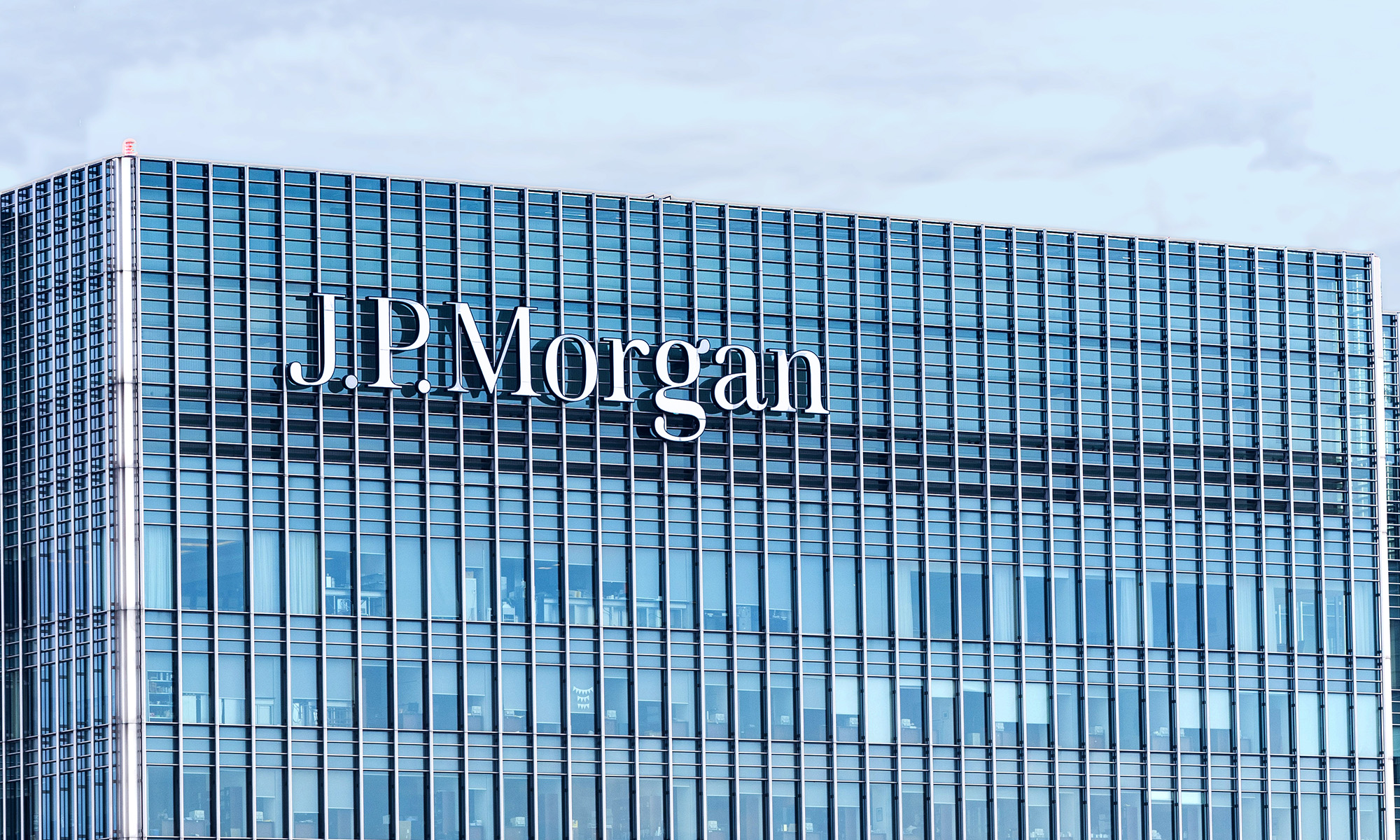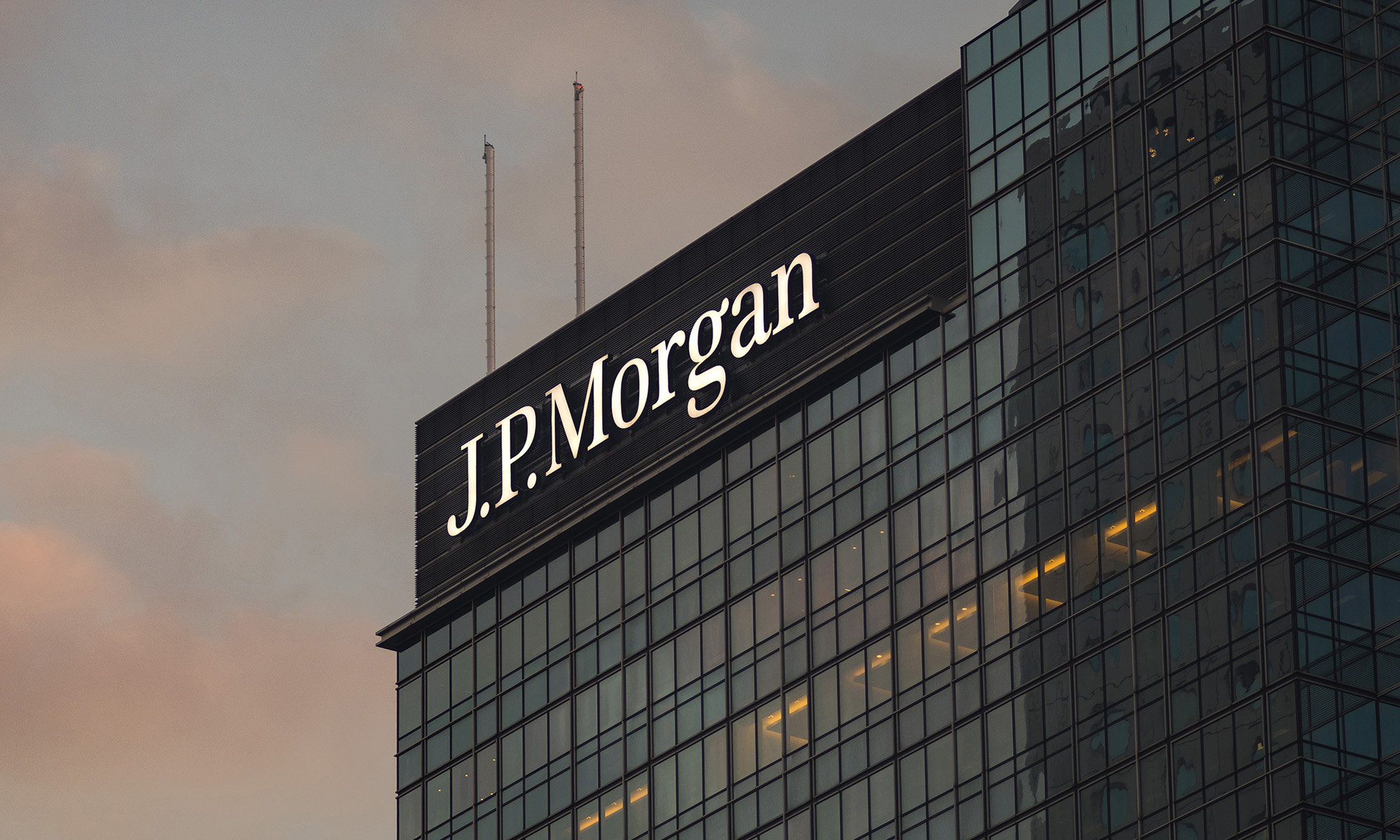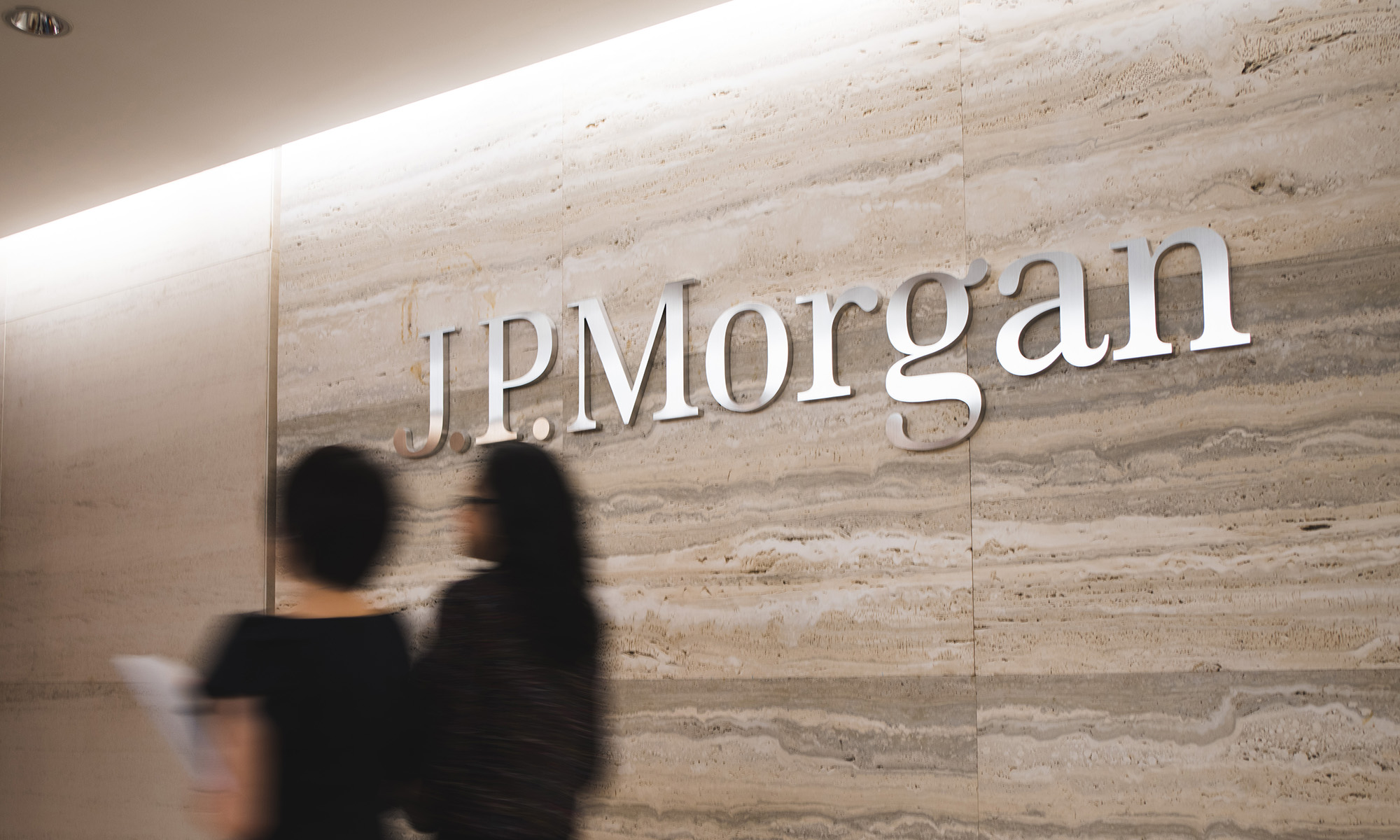JPMorgan Chase (JPM +1.40%), the largest banking institution in the United States, has announced that it has stopped accepting new home equity line of credit, or HELOC, applications. The bank confirmed that this change was made due to the uncertainty in the economy, and didn't give an end date to the pause.
This is the second major move JPMorgan Chase has made recently to pump the brakes on risk in its mortgage-lending operation. A few days ago, it announced that it would raise its mortgage lending standards to require at least a 700 FICO score and a 20% down payment for new purchase mortgage applicants -- a dramatic tightening, since the typical minimum requirement for a conventional mortgage is a 620 FICO score and as little as 5% down.

Image source: Getty Images.
The move doesn't affect customers who already have HELOCs with the bank. They'll still be able to withdraw funds on their existing HELOCs as they wish.
HELOCs are generally seen as riskier for banks than purchase or refinance mortgages as they represent a second lien on the home. In other words, in the event that a borrower defaults and the home is foreclosed upon, the mortgage lender generally gets made whole first, before the second lienholder can get paid out of whatever value remains -- assuming any does. In addition, given the massive surge in refinancing applications lately, it's no surprise that JPMorgan Chase would rather focus its efforts on those loans.
It's natural that lenders would start to tighten their lending standards now. In recessions, consumer defaults tend to spike as greater numbers of people lose their jobs and have a tough time paying their bills. And this spike is typically most significant with higher-risk types of loans. Mortgages to less-creditworthy borrowers and HELOCs fall into that category.






